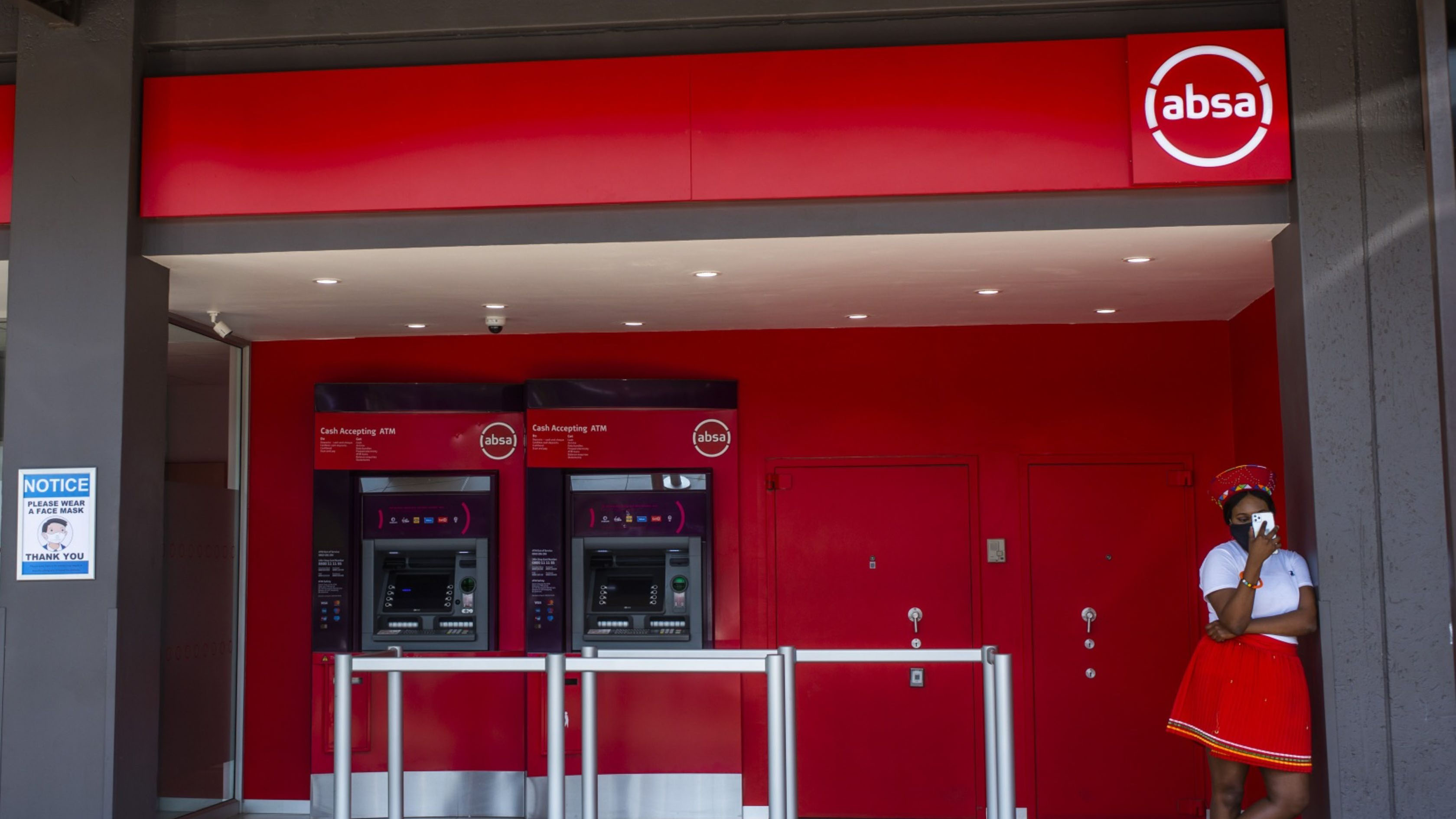
New challenges have forced leading commercial lenders to innovate to hold onto market share.
Since the advent of democracy in 1994, South African banks have faced increased competition and rising costs as a result of regulatory shifts and technological change. The admission of large foreign banks into the retail banking space, as well as the 2007-2009 global financial crisis and the Covid-19 pandemic, have added to their challenges.
For the past 17 months, the global economy has endured unprecedented upheaval because of the pandemic. By mid-May 2021, South Africa had recorded 1.62 million cases and more than 55,000 deaths because of Covid-19, the highest on the African continent.
The global landscape during the pandemic has been characterised by risk sentiment amid concerns about a global recession. Weak demand across developed nations coupled with geopolitical risks and US-China trade tensions have exacerbated growth concerns, which has hampered the performance of South Africa’s commercial banks.
Digital solutions, low-cost operating models and supply-chain integration have grown in prominence during Covid-19
Moreover, the rapid rise of new players in the financial sector has added to the general sense of uncertainty among established lenders. Digital solutions, low-cost operating models and supply-chain integration have grown in prominence during the pandemic. These shifts have forced the country’s four major banks – FirstRand, Standard Bank, Absa and Nedbank – to seek new ways to hold onto market share.
The incumbents are now prioritising digital transformation, data analytics and using blockchain to hold on to customers and compete more effectively with new entrants. The four major banks have the advantage of being able to serve not only South Africa’s businesses, but neighbouring southern African countries as well.
Loan scheme
In May 2020, the South African government established a R500bn ($36.4bn) economic stimulus package.
This scheme was meant to support struggling small businesses during the pandemic by allowing them to borrow through the banking sector to pay operational expenses such as salaries, rent and lease agreements and contracts with suppliers. Many small businesses owners, however, have been reluctant to take on more debt in such an uncertain environment.
Covid-19 lockdowns have had a devastating impact on South Africa’s small businesses. The country has lost a decade’s-worth of jobs in less than half a year of lockdown, according to the National Income Dynamics Study. The country’s economy slowed by 16.4% in the second quarter of 2020 compared with the first quarter of 2020.
As of May 8 this year, R18.3bn in loans had been approved by banks and taken up by small businesses under the Covid-19 Loan Guarantee Scheme. More than 80% of the loans approved – with a value of R6.77bn – went to enterprises with a turnover of up to R20m. The average value of a loan under this scheme was R1.24m.
As part of efforts to boost the economy, the National Treasury, the South African Reserve Bank and the Banking Association of South Africa issued a joint statement on April 12 extending the scheme’s deadline by three months to July 11, and pledging to continue to service all loans advanced up to the extended date, for up to five years.
In light of weak demand for Covid-19 loans, the South African government also said it would work with the National Treasury to leverage state grants and equity funding to support small businesses.
One of the central challenges the government needs to address is ease of doing business for small and medium-sized enterprises and reducing red tape, and policies that support this should be a priority. The more the government can encourage and facilitate entrepreneurship and small business development in the country, the more the economy – and South Africa’s banks – stand to benefit following a very challenging period.
Ravinder Rena is professor of economics at the North-West University, South Africa.



